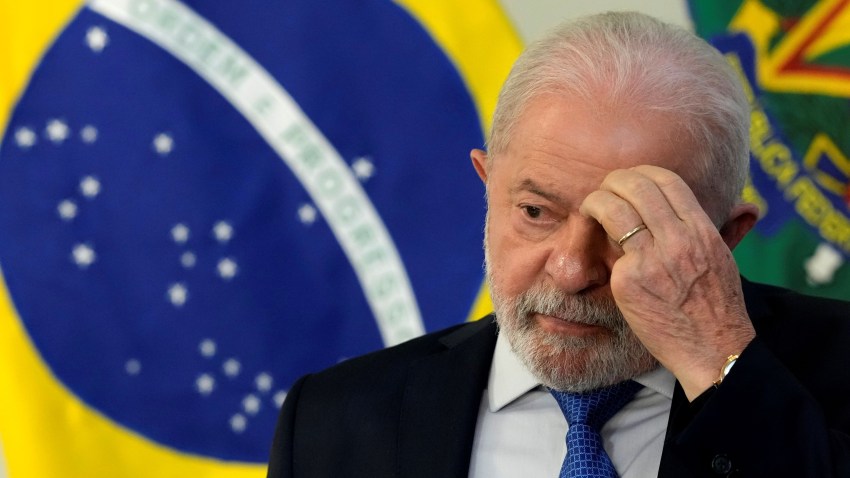President Luiz Inacio Lula da Silva outlined his agenda for Brazil’s G-20 presidency at last week’s meeting of the group’s foreign ministers in Rio de Janeiro, a push that will continue this week as G-20 finance ministers meet starting tomorrow in Sao Paulo. In addition to calling for reforms to global governance and the multilateral system to allow for more Global South representation, Lula is prioritizing reducing hunger and poverty, as well as curbing climate change. (Reuters)
Our Take
Lula’s agenda for the G-20 must be seen in the context of his broader foreign policy, in which he is trying to position Brazil as a leader of the Global South. As a result, he is not only prioritizing more representation for the Global South in international governance, but also looking to address issues that are particularly important to many Global South countries right now.
If this seems like a redux of Lula’s foreign policy during his first two terms as president in the 2000s, it’s supposed to. Lula entered office at the beginning of 2023 promising a “Brazil is back” approach to foreign policy, in which Brasilia would once again pursue greater South-South cooperation, take a more active role in multilateral institutions like the U.N. and BRICS, and in general champion an autonomous course for the Global South, free from the influence of the world’s great powers.

